Standing Strong
₦15,000.00
This book is about the events of that time – the plots, the intrigues, the schemes, the debates, the vote and the way they all played out. It is about the solid resistance Senator Nnamani and some of his colleagues put up against the efforts to coerce, intimidate, induce or outrightly bribe them to support and vote in favour of President Obasanjo’s third term bid. It is about the collapse of third term and the defeat of that attempt to corrupt the political system. It is also about the fallouts of the collapse of third term.
10 in stock
In 1999, Nigeria returned to democratic governance after 16 years of uninterrupted military rule, and Chief Olusegun Obasanjo was elected president of the country. Obasanjo, a former army general, had been military head of state of the country from 1976 to 1979 when he handed over to a democratically elected civilian government.
Obasanjo’s return to the country’s leadership was celebrated by many in Nigeria and applauded by many others in the international community. Between the time he handed over power in 1979 and when he returned as civilian president in 1999, the former army general had greatly improved his stock, developing himself tremendously, both intellectually and politically. He had travelled the world, campaigning for democracy and good governance in Africa, becoming a strong voice against dictatorship and corruption, abuse of power and fundamental human rights, wherever he found them on the continent.
In 1999, Chief Obasanjo was sworn in President of the Federal Republic of Nigeria with his right hand on the newly minted 1999 Constitution of the country. By the provisions of that constitution, an elected president is entitled to a maximum of two terms of four years each. This means that, after a first term, the Nigerian president can run for a second term and if he or she wins, they would be entitled to another four years in office. After exhausting the second term of four years, however, that president would be ineligible to run again for what would then be a third term in office. Now, after President Obasanjo’s first term in office ended in 2003, he ran again for the office, won and began what should be his second and final term in office. Then, in a shocking move that was against everything he had professed, preached and projected for several years as an advocate of democracy and good governance, President Obasanjo, through proxies, initiated a process to procure himself a third term in office by changing the constitution that brought him into that office. This was akin to changing the rule of a game right in the middle of it and many Nigerians would have none of it.
The president’s third term bid set the scene for an epic battle in the Nigerian legislature between those who were in support of it and those who were against it. It also created serious political tensions within the country which threatened its newly resurrected democracy. Yet the president and his frontmen would not let off. Instead, they dug in. In no time, news of humongous sums of money being offered to legislators to support and vote for third term began making the rounds. Then the legislators started coming forward, openly declaring that they were offered money for third term. And there were other inducements too. There were offers of automatic tickets to run for political office without facing party primaries and there were threats and blackmail when the inducements failed.
Through it all, the president continued to deny that he had any hand in the attempt to fetch him a third term in office, yet he remained silent as his party leaders, aides, friends and supporters mounted a vehement campaign to corrupt the electoral process for his personal gain.
| Cover | Paperback |
|---|---|
| Author | KEN NNAMANI |



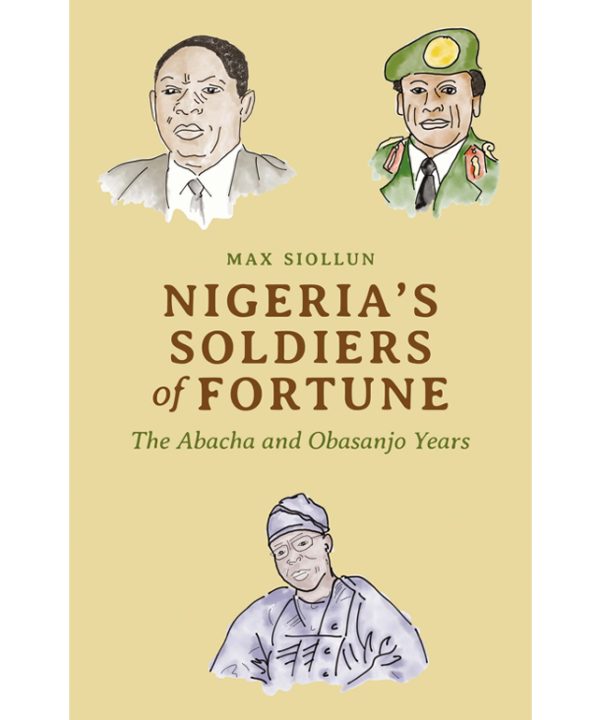
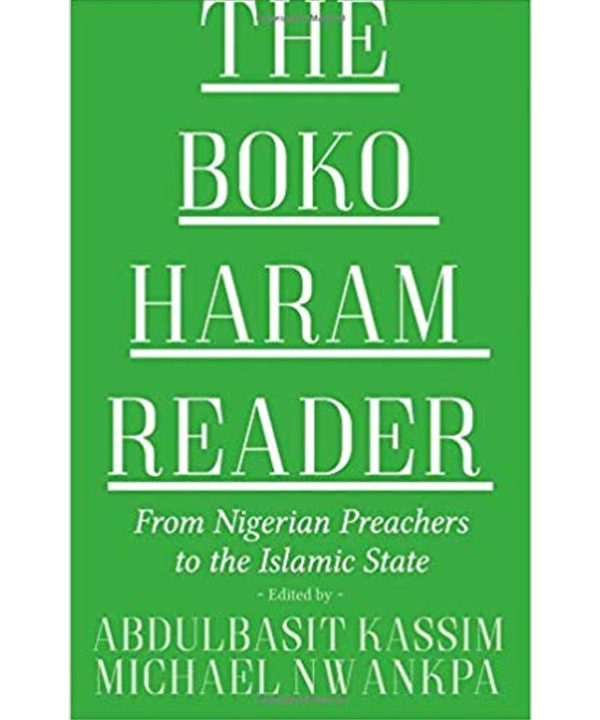
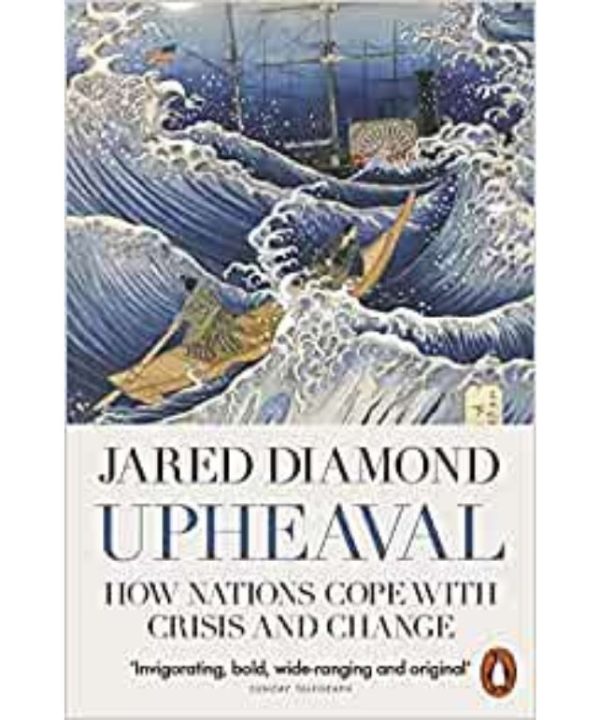
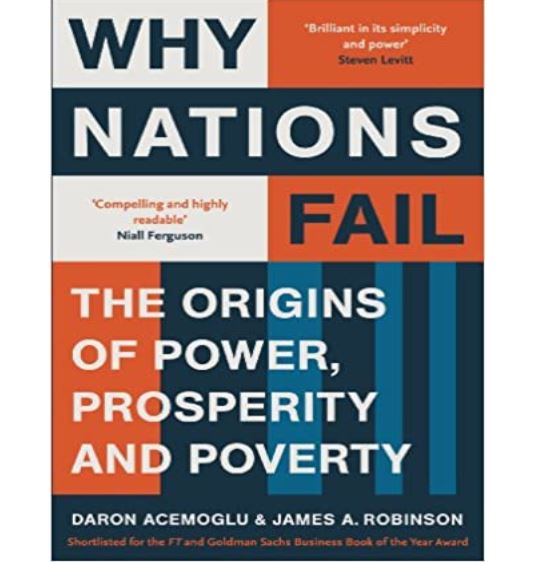
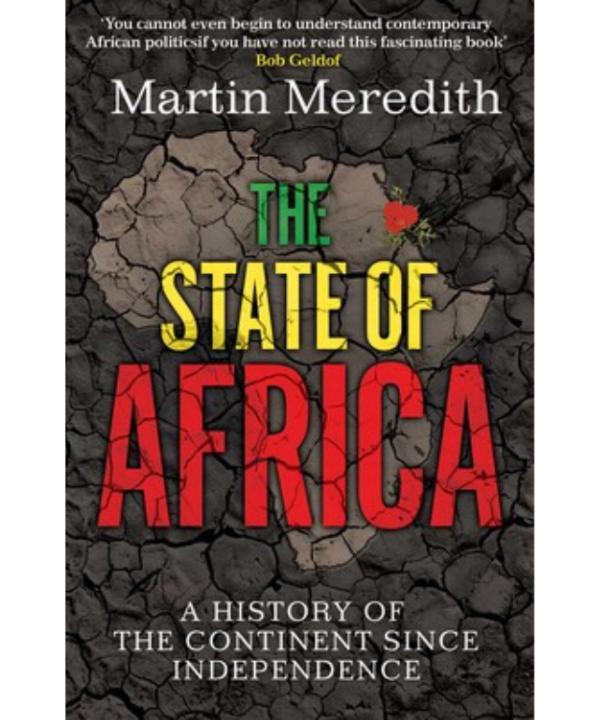


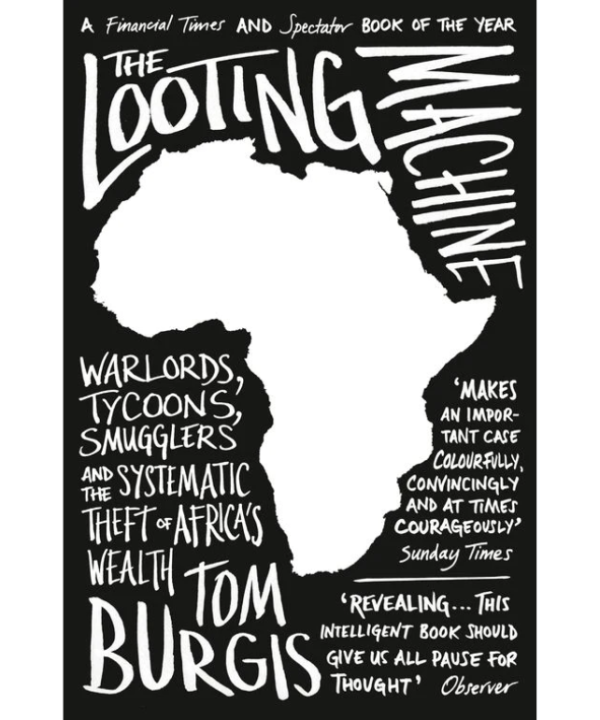
Reviews
There are no reviews yet.